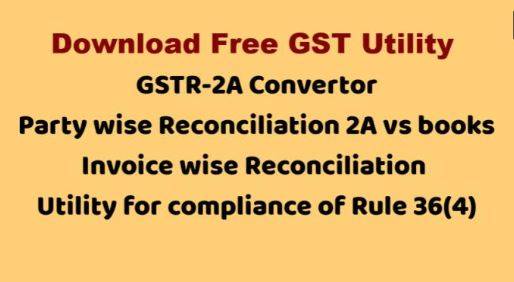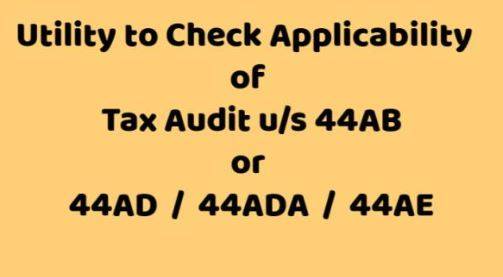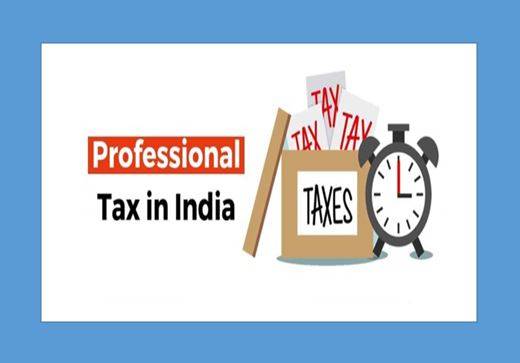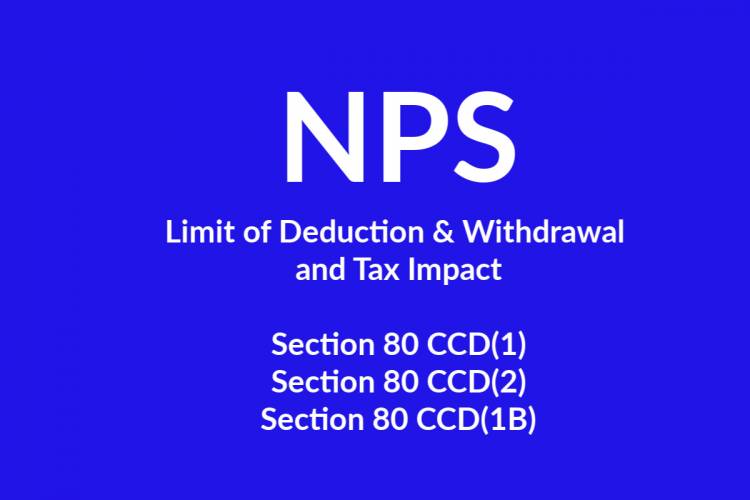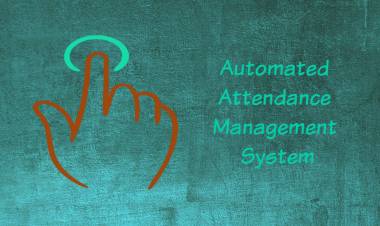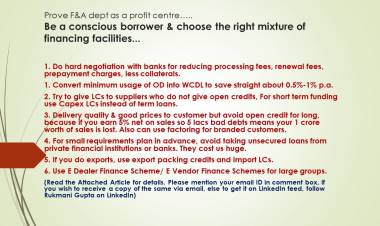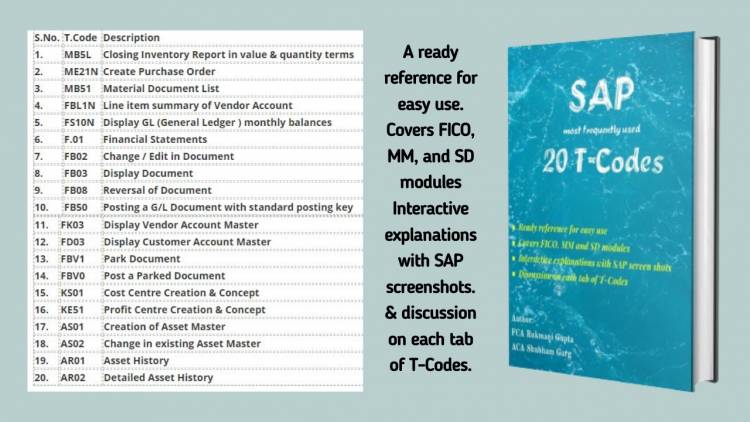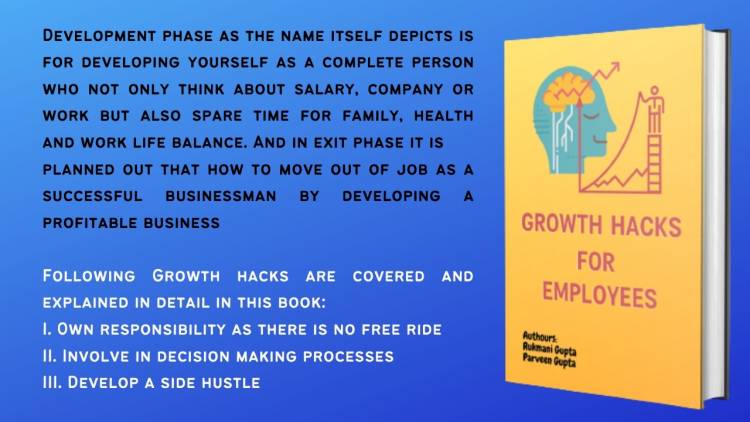Section 269ST - Restrictions on Cash Transactions (Rs. 2 lakh and more)
Treatment of Cash Transactions above Rs 2 Lakhs
Restriction on cash transactions above Rs. 2 lakh was inserted through section 269ST of Income Tax Act, 1961.
Section 269ST was introduced by Finance Act, 2017 with the intention to curb tax evasion and to restrict the circulation of black money.
Section 269ST – Basic Understanding
Section 269ST says that if any persons enters into a transaction of Rs. 2 lakh or more than Rs. 2 lakh, will be held liable for a penalty of an amount equivalent to the amount of transaction.
For example : If someone buy a gold plated pen of worth Rs. 5 lakh in cash then the shopkeeper who accepts payment in cash shall be liable to pay penalty of Rs. 5 lakh u/s 269ST. So the tax rate in this case is 100%.
To know more about this section lets first read the bare section which is inserted in Income tax Act, 1961:
“Mode of undertaking transactions.
269ST. No person shall receive an amount of two lakh rupees or more—
(a) in aggregate from a person in a day; or
(b) in respect of a single transaction; or
(c) in respect of transactions relating to one event or occasion from a person,
otherwise than by an account payee cheque or an account payee bank draft or use of electronic clearing system through a bank account 69[or through such other electronic mode as may be prescribed]:
Provided that the provisions of this section shall not apply to—
(i) any receipt by—
(a) Government;
(b) any banking company, post office savings bank or co-operative bank;
(ii) transactions of the nature referred to in section 269SS;
(iii) such other persons or class of persons or receipts, which the Central Government may, by notification in the Official Gazette, specify.”
So, after going through the above section we can now say that with effective from 1st April, 2017:
1. No person shall receive an amount of Rs. two lakh or more;
(A) in aggregate from a person in a day (or)
(B) in respect of a single transaction (or)
(C) in respect of transactions relating to one event or occasion from a person.
2. And this cash transaction limit of section 269ST is not applicable, if a person receives the amount
- through an Account Payee Cheque (or)
- an Account Payee Bank Draft (or)
- through use of electronic clearing system through a bank account or
- through such other electronic mode as may be prescribed.
3. Non Applicability of Section 269ST
(i) any receipt by—
(a) Government;
(b) any banking company
(c) post office savings bank or
(d) co-operative bank;
(ii) transactions of the nature referred to in section 269SS;
(iii) such other persons or class of persons or receipts, which the Central Government may, by notification in the Official Gazette, specify.
4. Penalty for violation of section 269ST: Under Section 271DA:
In case of violation of Section 269ST penalty shall be imposed u/s section 271DA. As per section 271DA the penalty for violation of provisions of section 269ST will be imposed on person who accepts cash of Rs. 2 lakh or above against any transaction and this penalty will be a sum equal to the amount of such receipt in cash.
The said penalty shall however not be levied if the person proves that there were good and sufficient reasons for such violation of Section 269ST.
5. Important things related to Section 269ST
- Point to note here is that the person who pay cash is not liable to pay any penalty, it is the receiver of cash who has to pay the penalty u/s 271DA.
- Note that bearer cheque and self-cheque will also be treated equivalent to cash.
- The provision of section 269ST are applicable irrespective of
-
- type of income like taxable or non-taxable
- purpose of transaction like personal or business
- nature of transaction like capital or revenue
-
6. Practical examples
If we read the section 269ST carefully, it talks about 3 things majorly:
- Transactions with Single person
- Single transaction
- Single event / occasion
Now let’s understand all these three with the help of practical example:
A. Single Person: Receipt Rs. 2 lakh or more in cash from a single person in a single day is not allowed even if the amount has been paid in multiple transactions during the day which are below Rs 2 lakh. Total of all receipts from a single person in a single day should not be equal to Rs. 2 lakh or more.
For example : Mr X buys a car worth Rs 6 Lakh and make the payment to Mr. Y by cheque of Rs. 3 lakh and make payment of balance 3 lakh in cash on the same day as follows:
Rs. 1 lakh at 10 am
Rs. 1.50 lakh at 2 pm
Rs. 50000 at 4 pm
As Mr Y accepted cash worth Rs 3 Lakh from a single person and in a single day, section 269ST is applicable in this case. Mr Y has to pay a penalty of Rs 3 Lakh.
B. Single Transaction: Receiving cash of Rs. 2 lakh or more in relation to a single transaction is prohibited. We can understand this by taking the above example one again:
For example : Mr X buys a car worth Rs 6 Lakh and make the payment to Mr. Y by cheque of Rs. 3 lakh and make payment of balance 3 lakh in cash on different days:
Rs. 1 lakh on 15th March
Rs. 1.50 lakh on 10th April
Rs. 50000 on 25th May
As Mr Y accepted cash worth Rs 3 Lakh against a single transaction / single bill, section 269ST is applicable in this case. Mr Y has to pay a penalty of Rs 3 Lakh.
C. Single Event / Occasion: Receiving of Rs. 2 lakh or more in cash in relation to a single event or occasion is not allowed.
For example :On the occasion of some function / event of Mr. X, his relatives & friends gifted him Cash and total of cash receipt from all these relatives & friends is more than Rs. 2 lakh.
Even if we assume that each person has gifted cash less than Rs 2 Lakh, these receipts will come under the purview of Section 269ST and Mr. X is liable to pay penalty equal to the amount of gift received in cash as the cash was received for a single occasion.
7. Other Restrictions of Cash Transactions:
i) Restriction on Capital Expenditure for Business in Cash above Rs. 10000/-
- If any assessee incurs any expenditure for acquisition of a depreciable asset in respect of which a payment (or aggregate of payment made to a person in a day), otherwise than by an
- account payees cheque/ draft or
- use of electronic clearing system through a bank account or
- through such other electronic mode as may be prescribed,
and amount of this payment exceeds Rs. 10000/-, such a payment shall not be eligible for normal/ additional depreciation under section 32. (Section 43(1) and Section 32 of Income Tax Act, 1961)
ii) Reduction in the limit of Cash Payment for revenue espenses to Rs. 10000/- in a Day
- The monetary limit on revenue expenses in cash has been reduced from Rs. 20,000 to Rs. 10,000.(though there are few exceptions are also provided in Rule 6DD of the Income Tax Rules). Consequently, any expenditure in respect of which payment (or aggregate of payment made to a person in a day),
- otherwise than by an account payee cheque/ draft/ or
- use of electronic clearing system through a bank account or
- through such other electronic mode as may be prescribed
exceeds Rs. 10000/-, no deduction shall be allowed in respect of such payment under section 30 to 37 of Income Tax Act, 1961. (there is no change in the monetary limit pertaining to cash payment upto Rs. 35000/- to Transport Contractors). (Section 40A(3) and Section 40A(3A) of Income Tax Act, 1961)
iii) Donations in cash exceeding Rs 2,000 are not permitted (these Donations can not be claimed u/s 80G)
iv) Premiums on Health insurance policies paid in cash can not be claimed as deduction u/s 80D
v) Loans or Deposits can not be repaid in cash in excess of Rs 20,000 or more
 Download APP
Download APP
 P K Gupta
P K Gupta 



